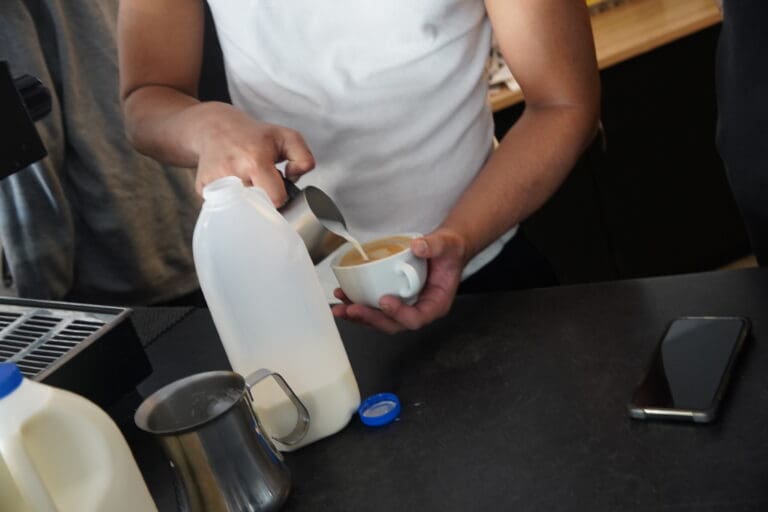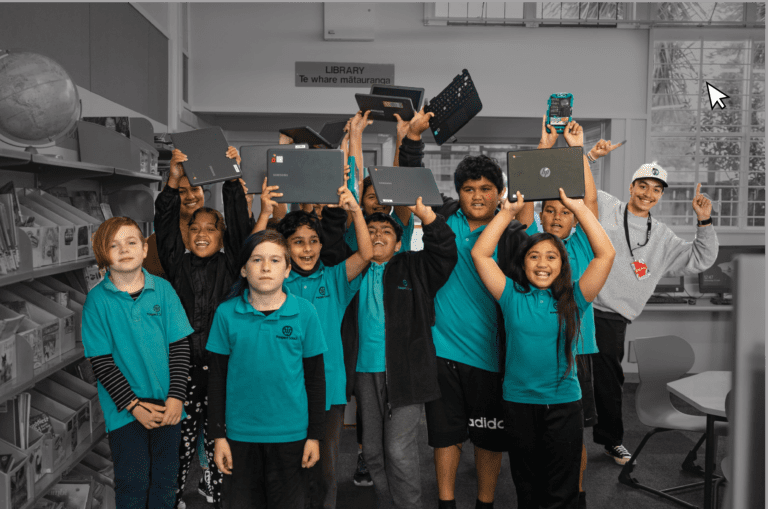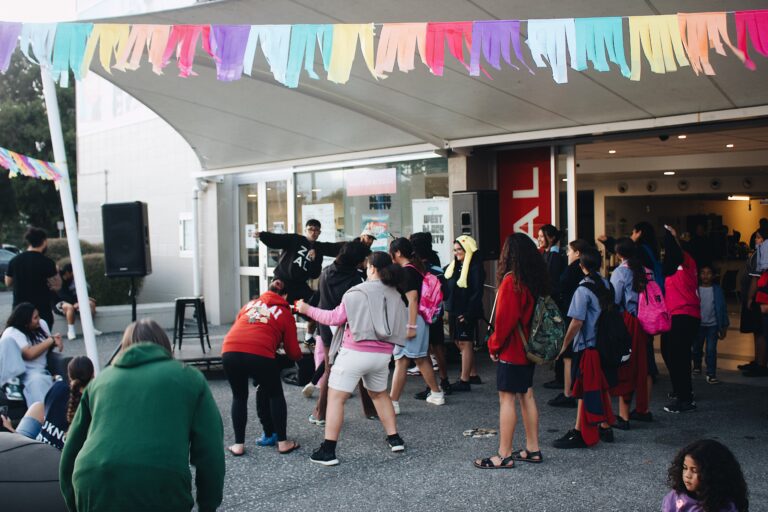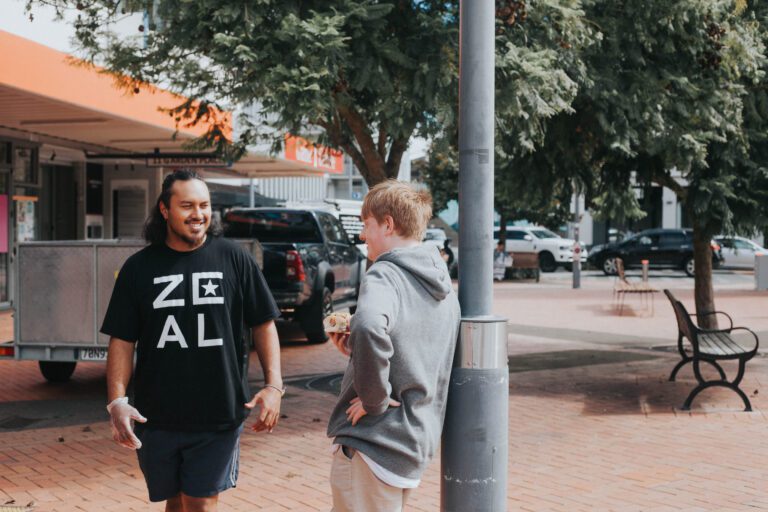Often, we think that youth development lies only in the in-depth discussions, the deep and meaningfuls, the elaborate, planned growth experiences we put together. Or we feel like we’re not making a difference unless we’re knee deep in a young person’s distress.
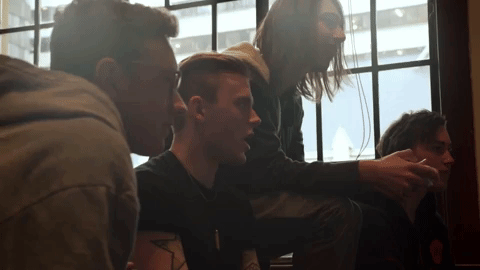
But some of the best youth work I have seen in my five years in youth development has been in front of an Xbox, sharing laughs between 360 no-scopes. Or around a table at dinner, sharing stories between mouthfuls of pepperoni and cheese. Or going for a walk to get milk from the dairy, sharing news from the day between steps walked in unison.
The greatest youth work I have seen has been in the time taken day-by-day to listen and learn about the young person in front of us. It has been in the purposeful sharing of lives.
With Facebook, Instagram, Snapchat and everything else, young people are more connected to one another than ever before. Young people no longer just see each other at school. Now, they can snap each other on the way home. They can Facetime each other after dinner. They can message each other before bed, if they make it to bed at all.
However, many young people don’t realise that conversations online simply do not give the same deep connection as a face-to-face encounter. As a result, young people spend their time in constant communication with others but wonder why they feel more isolated than ever.
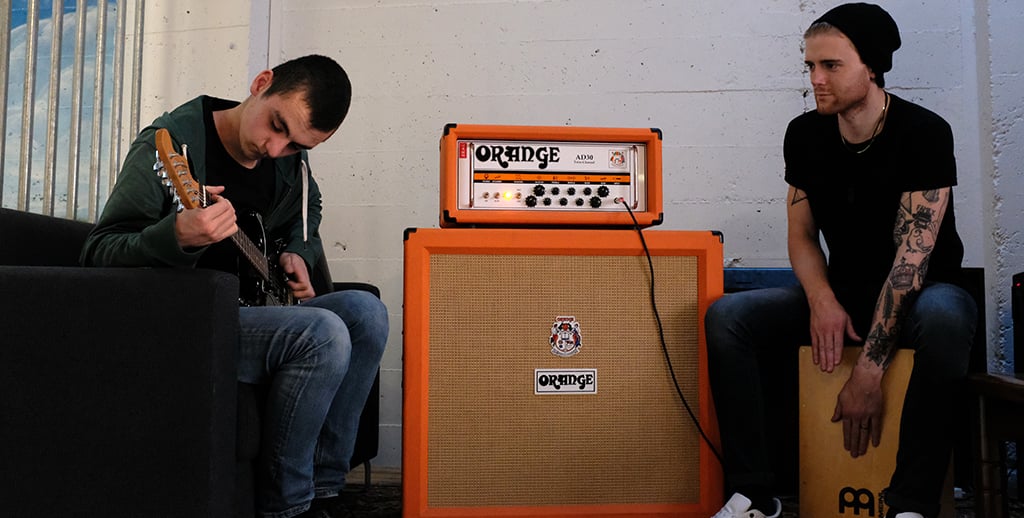
In the digital age, human connection becomes more essential, and more sought after. Young people need to be connected to someone that will be content in just being present. Someone who will be happy to sit there and play Xbox, who will go along to their soccer game or theatre performance, who will learn about a topic they’re not interested in simply because the young person is all about it.
As youth workers, we must rely on the strength of our relationships with young people in order to question, learn, inspire and to encourage growth. We are given the opportunity to speak into a young person’s life when they feel that they can trust us, and they learn to trust us by spending time with us.
In youth development, time is a resource best utilised when spent in the presence of others. The more time we spend with a young person, the more our heart breaks for them, the more we have love for them. And in the heavily paraphrased words of Victor Frankl, with love, we get to see that young person’s potential. With love, we help that young person see their own potential. With love, we help that young person reach their potential.
